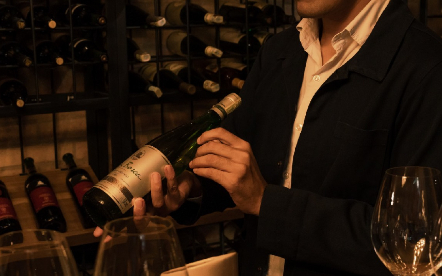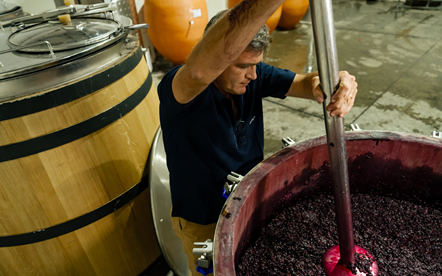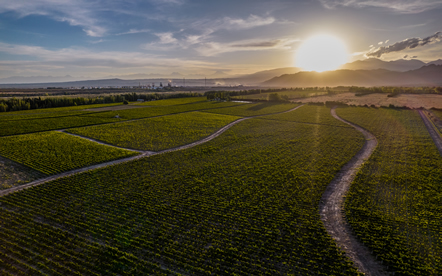
Sustainability: Why is it a central concept to Luigi Bosca?
The winemaking industry is inseparable from the soil, the climate and geography of the terroir in which the vineyards grow and develop their fruits. The art and science of vine cultivation is an activity that is integrally linked to nature and the environment; therefore, it must also be committed to its care and preservation.
Over the last two decades, the concept of sustainability became increasingly important for all economic activities around the world, including the wine industry. In this sense, the word “sustainability” refers to something that can be sustained over time without exhausting its resources or damaging the environment in which it develops.
Therefore, working in a sustainable manner essentially implies a commitment to the future so that the generations to come can continue to care for and take advantage of the natural resources, as we do today.
In the case of Luigi Bosca, sustainability has been part of its philosophy since its beginnings, over 120 years ago. The connection between this concept and the Arizu family came about naturally, as our family has always guarded the Mendoza terroir to ensure its care and protection. Its history, during which four generations have worked in the same land and estates, is living proof of this.
The quality and genuineness that characterises Luigi Bosca wines is framed within a sustainability model that gives added value to each of the winery’s actions and products. To be a sustainable winery entails meeting the present needs without affecting the resources of future generations, both at an organisational and community levels.
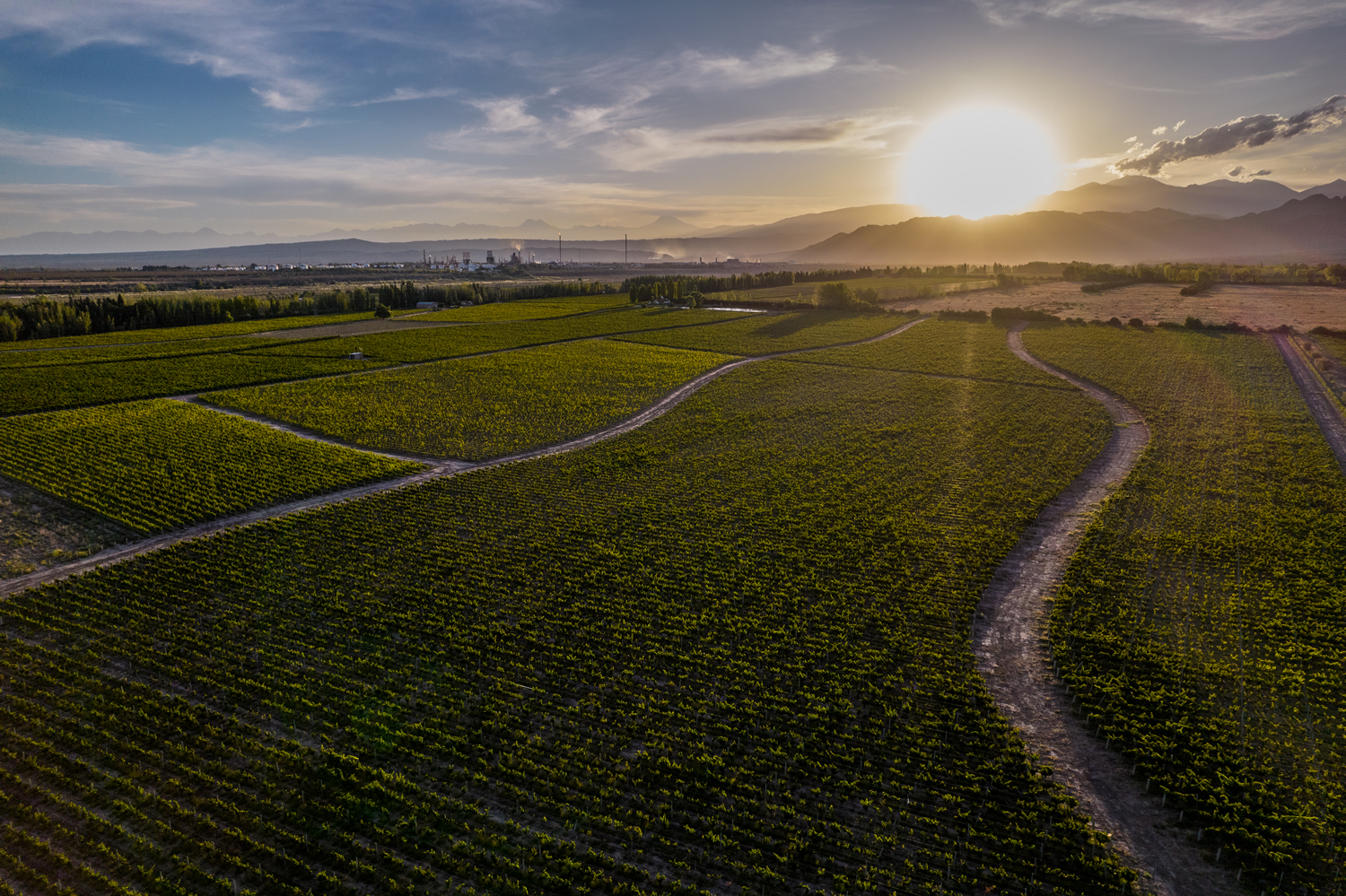
In this type of winemaking activity, the entire production process that takes place at the estate and in the winery is based on a system that is sustainable over time.
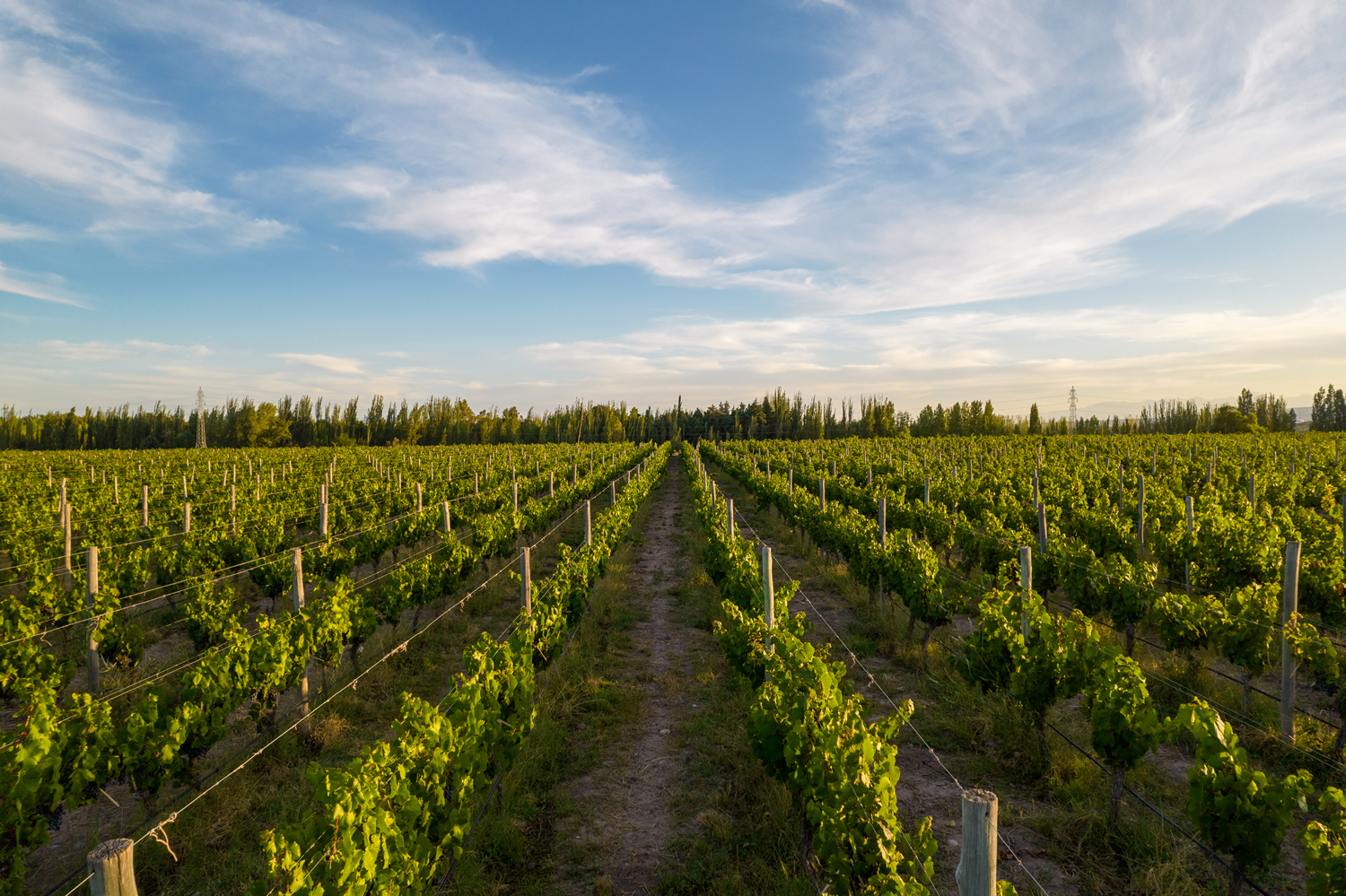
Our winemaking activity, increasingly sustainable
Sustainable agriculture is a vineyard management system focused on maintaining vineyard productivity, being useful to society in the long term and preserving the potential of natural resources while looking ahead.
In this type of winemaking activity, the entire production process that takes place at the estate and in the winery is based on a system that is sustainable over time. This necessarily implies the application of environmentally friendly techniques that, through the rational use of natural resources and the avoidance of substances from the chemical industry or others with toxic effects, maintain or increase the soil’s biological diversity and fertility.
By ensuring sustainable vineyard management and minimising the environmental impact of the winemaking activity, we guarantee that future generations will continue to harvest grapes and use the natural resources available in Mendoza’s terroir. Concrete actions must be taken to achieve this ambitious goal, including:
- Water Care and Effluent Treatment: Water is an essential element for all industries in the province of Mendoza and, therefore, throughout the production process, at Luigi Bosca we control water use through flowmeters that allow for obtaining clear consumption indicators and setting objectives to use this resource more efficiently. Similarly, a treatment plant is available at Luigi Bosca to prepare all the liquid effluents generated, so they can be later poured into the local sewer network. Finally, these effluents are reused for agricultural irrigation in controlled ACRES (Special Restricted Crop Areas).
On the other hand, precision agriculture at the estates allows for assessing and reducing water consumption mainly through drip irrigation, the most effective way of rationally watering vineyards. Nowadays, 77% of Luigi Bosca’s vineyards employ this system, while its goal is to implement it to a 100% level by 2024.
- Energy Consumption and Emission Reduction
Energy is another essential natural resource for a winery to operate. Today, more than 60% of electric power in Argentina is generated by burning fossil fuels; and this is why, within an energy transition context, the winery endeavours to find less consuming options than the current ones, through the incorporation of led lights and solar panels.
- Waste Treatment: Waste is one of the most dangerous threats to environmental pollution, for which Luigi Bosca implemented a Circular Waste Management model in the winery. Presently, the waste generated is considered valuable resource re-entering the productive system as raw material, contributing directly to the reduction of greenhouse gas (GHG) emissions. The winery currently recycles 95% of the waste it generates.
